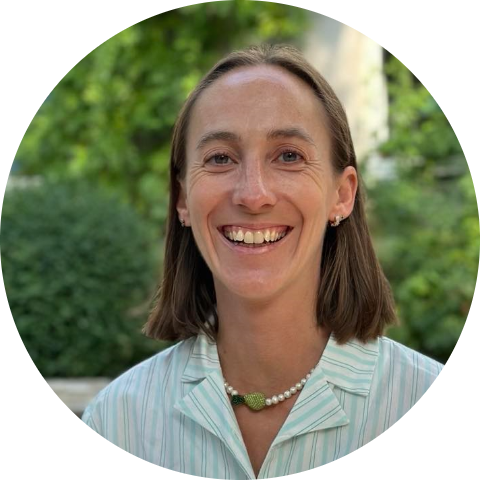Announcing the winners of the Young Investigator Awards for outstanding publications during 2023
Basic Science Award
The Award committee’s motivation: “This study demonstrates an elegant and innovative approach, primarily conducted in mice but also leveraging datasets from human coronary arteries. It sheds light on the presence and functional significance of complement-producing macrophages in both murine and human atherosclerotic plaques, providing a unique perspective for complement therapies in atherosclerosis. The inclusion of human specimens within the presented data adds valuable translational insight, emphasizing the potential impact on clinical applications”

- Article: Cell-autonomous regulation of complement C3 by factor H limits macrophage efferocytosis and exacerbates atherosclerosis
Published in Immunity, 2023 Aug 8;56(8):1809-1824.e10;
Doi: doi.org/10.1016/j.immuni.2023.06.026 - Author: Mate Kiss, Department of Laboratory Medicine, Medical University of Vienna, Austria
Máté G. Kiss is currently a postdoctoral fellow in the laboratory of Filip K. Swirski at the Cardiovascular Research Institute of the Icahn School of Medicine at Mount Sinai, New York. He completed his doctoral studies in the research group of Christoph J. Binder at the Medical University of Vienna, where he examined the effect of local versus systemic complement activation on immune cell function in the context of cardiovascular disease. His ongoing research – which is sponsored by an Erwin Schrödinger Postdoctoral Fellowship and the Friedman Brain Institute’s 2023 Doft Family Postdoc Innovator Award – focuses on identifying novel brain-body communication pathways via sleep preserves adequate adaptive immune responses at the neuro-immune interface to protect from cardiovascular and autoimmune disorders.
Clinical Science Award
The Award committee’s motivation: “This young researcher’s clinical paper, featured in EHJ, impressively navigates the challenge of a short follow-up duration through a thoughtfully structured sequential approach. The paper exhibits meticulous design and presentation, showcasing a unique strength in its ability to maintain clarity despite the abbreviated follow-up period. Noteworthy is the balance struck between a lower sensitivity and commendable specificity in distinguishing between M2 and M15. This achievement
highlights the researcher’s acumen in methodological precision, offering a promising outlook for their
future contributions to clinical research.“

- Article: Significance of lipids, lipoproteins, and apolipoproteins during the first 14-16 months of life
Published in the European Heart Journal (2023;44:4408-4418;
Doi: doi.org/10.1093/eurheartj/ehad547 - Author: Sofie Taageby Nielsen, Department of Clinical Biochemistry, Rigshospitalet & University of Copenhagen, Denmark
Sofie Taageby Nielsen has been an integral part of the Copenhagen Baby Heart Study (CBHS) since 2018. Initially tasked with administrative duties, participant recruitment, and data collection, including venipunctures from newborns and parents, her role has evolved into a supervisory position for a sub-study within CBHS. STN provides day-to-day guidance to three medical students and collaborates closely with senior researchers. With a profound understanding of CBHS data, she actively supervises research projects within the cohort.
With extensive experience in research, clinical practice, and academic pursuits, STN has played a pivotal role in various healthcare and research settings, demonstrating a commitment to advancing medical knowledge and patient care.
Acknowledgement and thanks
The EAS extends its gratitude to the members of the EAS Award Committee, chaired by Prof Ruth Frikke-Schmidt & Prof Zeljko Reiner, for their invaluable time and expertise dedicated to reviewing and evaluating the nominations received for these awards.
We also extend our thanks to Prof Philippe Moulin for his role in co-chairing the Clinical Science Award alongside Zeljko Reiner.
The high standard of nominations received is truly encouraging for the future of research in the field.